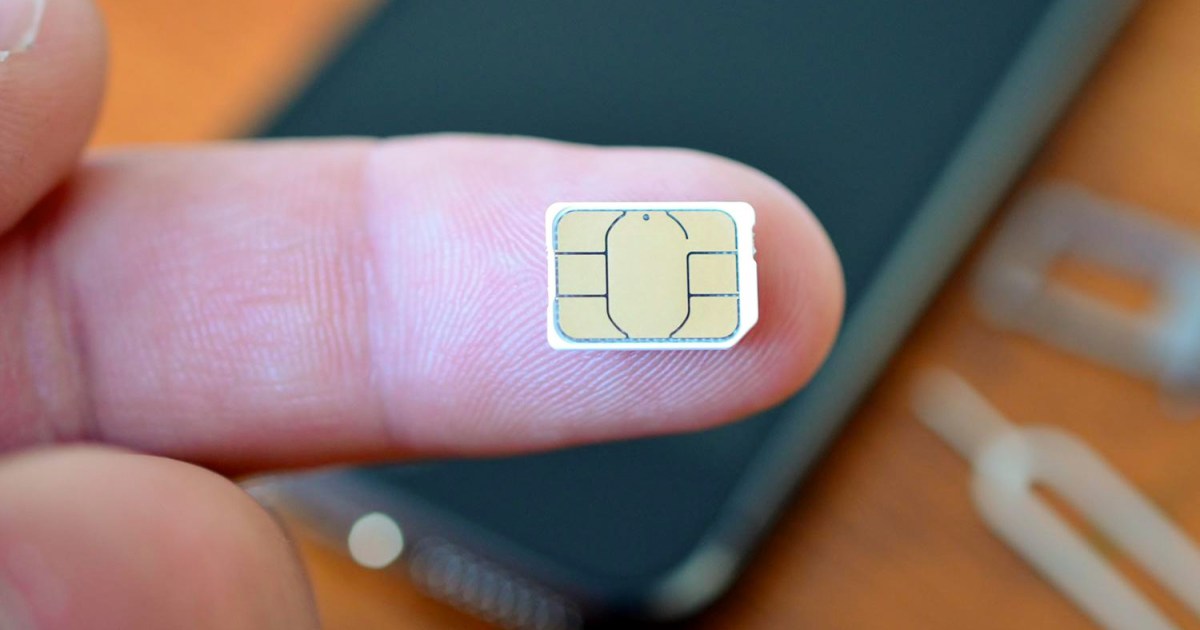When you purchase a cell phone from a carrier, it generally comes locked — meaning it includes a software code that ensures your mobile device connects only to a specific network so you can’t get or use a signal with any other service.
Unlocking your phone means that you can switch carriers if you’re dissatisfied with the service, move to a different region, are traveling, or want to keep your old handset when you change networks. If you’re looking to switch providers or just hoping to add some value when selling your phone, unlocking it is a must. Don’t worry — it’s completely legal to do.
While most cell phone operators offer unlocking services after you’ve fully paid off your phone and all installments or your contract term has expired, it doesn’t always happen automatically. AT&T, Boost Mobile, Sprint, T-Mobile, Verizon, Virgin Mobile, Xfinity, and many more offer unlocking services. The process can be tedious and differs depending on the provider, so we’ve broken down the steps for each one. It’s generally a good idea to unlock your phone when it goes off-contract. On the Apple side, if you paid for your iPhone in full upon purchase, then it’s probably unlocked already. Unlocked phones are generally worth more than locked ones.
What you’ll need
Unlocking a phone that’s come off contract should be second nature, and you will find it’s worth the effort. The difficulty of unlocking a phone can vary based on the carrier, and what is a straightforward process with one can be a pain with another. No matter how challenging the unlocking procedure gets, it’s a good idea to unlock your phone before you leave your current carrier because it will likely prove even tougher after your contract has run out. Even if you’re not planning on using your old phone when you leave, who knows when you might need it in the future? While procedures vary, there’s a list of information you’ll generally need to unlock your phone, so you can keep it handy before you start.
- Account holder’s name and account number
- IMEI number of your device
- Your phone number
- Account holder’s Social Security number or password
- A completed contract and/or device payment plan
- Overseas deployment papers, for military personnel who want to unlock the phone before the contract expires
With that information, here’s how each carrier handles unlocking your phone.
Unlocking a Verizon phone
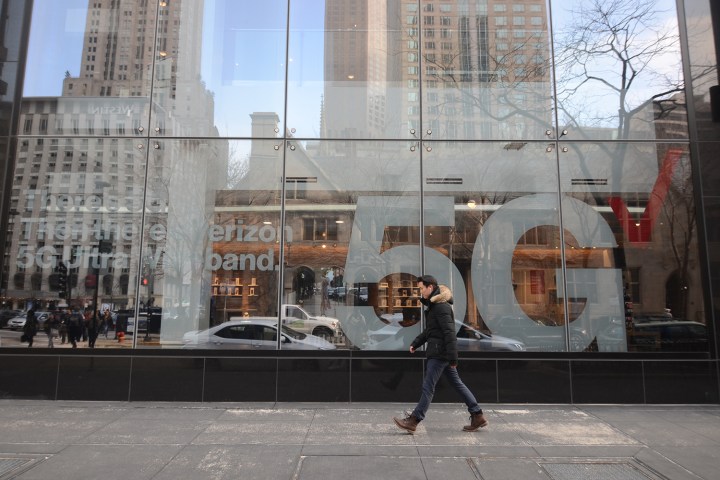
Just wait. Verizon automatically unlocks its phones 60 days after purchase.
According to
Verizon’s policy
, newly purchased devices are locked to Verizon’s networks for 60 days after purchase to help mitigate theft and other fraudulent activity. This rule applies to both postpaid and prepaid devices, and the lock is automatically removed after 60 days. Deployed military are exempt from this rule and can request an unlock during this period by calling Verizon’s support line at 800-922-0204.
Past 60 days and your device doesn’t seem to have unlocked? Call Verizon’s support line at 800-922-0204.
Unlocking an AT&T phone
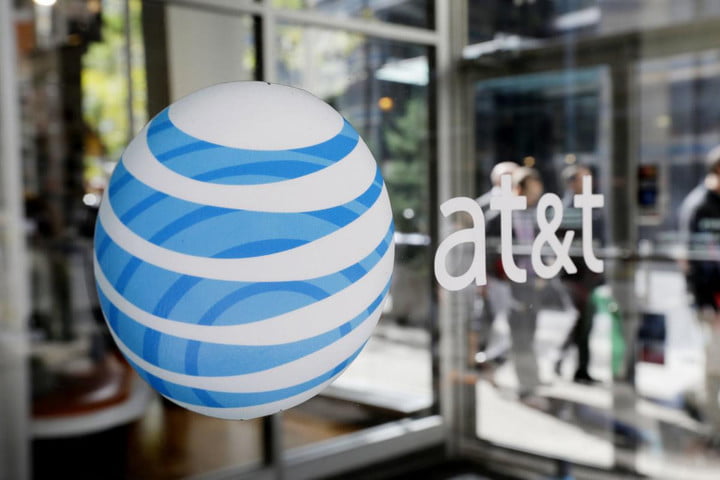
Unlock your phone via
Verizon’s unlocking portal
once you have completed the following checklist of prerequisites.
- The device must work on AT&T’s networks.
- If you’re a current customer, your contract or installment plan must be fully paid off (including early termination fees). If not, pay off your plan early and wait 48 hours before making a request.
- It must not have been reported lost, stolen, or involved in fraud.
- The account must be in “good standing” — not associated with fraudulent activity.
- On a postpaid account, it must have been active for at least 60 days, with “no past due or unpaid balance.”
- If it’s an AT&T prepaid device, it must be in service for at least six months.
- If it’s a business device and you’ve upgraded early, you must wait for the 30-day “buyer’s remorse” period to end before unlocking your old phone.
- If it’s a business device, then you must have your company’s permission.
- For military personnel, email AT&T your TCS or PCS (temporary/permanent change of station) documents to unlock before your contract or payments end.
Unlock instructions
and codes provided by AT&T vary depending on the device. Apple iPhones don’t need an unlock code. Instead, after receiving the email approving your unlock request, just remove your AT&T SIM card and insert the SIM card for your new carrier to begin the setup process. Military members can unlock iPhones, including those on installment plans, but must register active-duty status when filling out AT&T’s forms.
Unlocking a T-Mobile phone
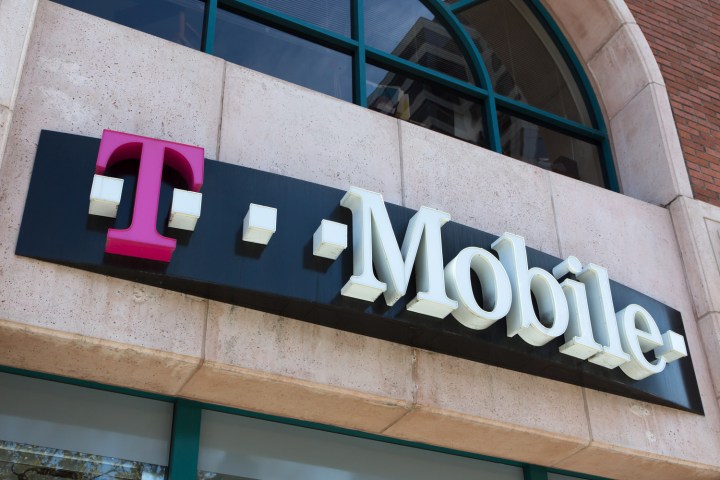
Unlock your phone via T-Mobile’s unlocking portal once you have completed the following checklist of prerequisites.
T-Mobile may well be the Un-carrier, but it has some very similar criteria for unlocking to other carriers. T-Mobile now sends you a notification when your phone is ready to be unlocked, but there are some eligibility requirements you need to be aware of. Here’s what you’ll need to keep in mind if you want to
unlock your T-Mobile phone
:
- It must be a T-Mobile device.
- It must not have been reported lost, stolen, or blocked (via IMEI).
- It must be attached to an account that is in “good standing.”
- On postpaid accounts, the device must have been fully paid for and have been active for at least 40 days on the requesting line.
- On prepaid accounts, the device must have had more than $100 in refills since the first use date or have been active for at least a year. It also needs to have been purchased over 14 days ago.
- If using T-Mobile’s Equipment Instalment Plan, or if your phone is leased through JUMP! On Demand, all payments must be made, and the device must be fully paid for.
- You’ve made fewer than two unlock requests, per line, in the last 12 months.
- T-Mobile may request to see proof of purchase.
Many Android phones from the carrier can be unlocked through their settings menus once eligibility requirements are met. Others, such as the Google Pixel and older Samsung devices, can use Device Unlock apps from T-Mobile. However, these methods are not compatible with all phones. The iPhone, in particular, does not have an iOS version of the T-Mobile unlocking app.
T-Mobile should send unlock notifications to your iPhone once it is eligible and may send you an unlock code. If you don’t have this information, contact T-Mobile directly and ask for it. Consult this T-Mobile page for specific instructions regarding your Apple device.
You can otherwise unlock your phone through a live chat with a T-Mobile customer representative or by calling 611 from a T-Mobile device or 877-746-0909 from any other phone. Deployed military personnel can also get their phones unlocked as long as they’re in good standing and can produce deployment papers.
Unlocking a Metro by T-Mobile phone

Metro by T-Mobile, formerly known as Metro PCS, phones can be unlocked via their unlocking portal once you have completed the following checklist of prerequisites:
- It must be from Metro.
- It must not be reported as lost, stolen or blocked.
- It must have had active service for a minimum of 180 consecutive days (about six months).
- If you have a warranty exchanged handset, then the 180 days is based on the activation date of the original phone.
- The 180-day service requirement is waived for military personnel — you can visit a corporate store with deployment papers and an agent will provide an unlock code for your device.
One method of unlocking is through the Device Unlock app, usually found in the Metro by T-Mobile folder of your phone. This can be done with most Android smartphones, and only Samsung phones have the ability to unlock through a settings menu. If you have a Samsung phone 2019 or later, head to Settings > Connections > More Connection Settings > Select Network Unlock.
If you have an Apple device, once it becomes eligible, Metro by T-Mobile will automatically authorize, and initiate unlock for your device remotely. To complete the unlock on your device, Verify that your device is eligible to be unlocked, make sure your device is on Wi-Fi, insert a non-T-Mobile SIM card into your iPhone and complete the first-time use. If the device has already been set up, follow the on-screen instructions to sign in to your Apple ID.
Since rebranding, Metro by T-Mobile now operates in the GSM network as opposed to CDMA, so your unlocked Metro phone will only be able to work with other GSM carriers like T-Mobile and AT&T.
How to unlock a U.S. Cellular phone
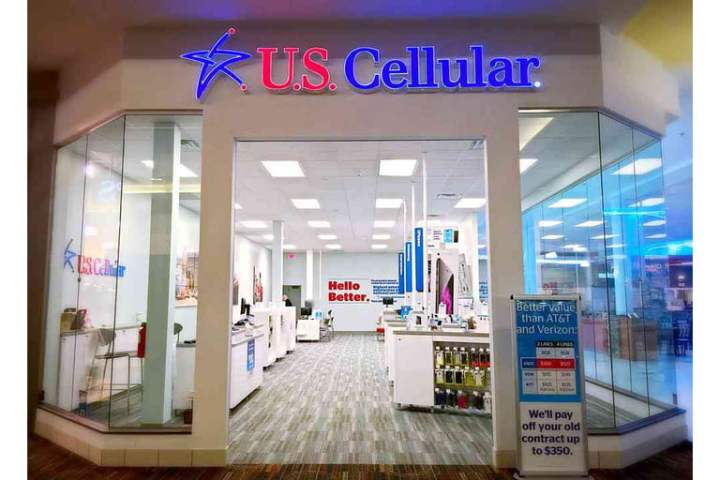
Most U.S. Cellular phones are sold unlocked. The rest will, generally speaking, unlock automatically after a 120-day lock period.
Since February 1, 2016, most of U.S. Cellular’s 4G LTE devices are sold unlocked. Those sold before that date can potentially be updated through an over-the-air update, so make sure your device is up to date before contacting U.S. Cellular about unlocking. If that doesn’t apply to your device, or if you have a 3G or 1X device, then you’ll need an unlock code from U.S. Cellular’s customer service line on 611 (from a U.S. Cellular device) or 888-944-9400 on another device.
Like other carriers, U.S. Cellular’s unlocking procedure is fully in-line with CITA’s guidelines on unlocking its devices, and will unlock phones and tablets, as long as they adhere to the following criteria:
- It must be a device from U.S. Cellular.
- The device in question must not have been lost, stolen, or obtained fraudulently.
- The device in question must have been fully paid for.
A specific range of popular phones from Apple and Samsung, whether prepaid or postpaid, are subject to a 120-day lock policy to deter theft and fraud. An account in good standing that meets those requirements can still request an early unlock. As is usual, deployed military personnel can also get their device unlocked earlier by presenting their deployment papers, as long as their account has no past-due balance.
U.S. Cellular warns some devices can’t be unlocked, either because of the age of the device or because it doesn’t have the technology to access other networks. If it sounds like your device might fall under that, you can contact U.S. Cellular on 611 (from a U.S. Cellular device) or 888-944-9400 on another device.
iPhone error message? Here’s what to do
You might see this message on your computer or on your iPhone: “The SIM card inserted in this iPhone does not appear to be supported. Only compatible SIM cards from a supported carrier may be used to activate iPhone. Please insert the SIM card that came with your iPhone or visit a supported carrier store.” If you see that message, do this:
Since iOS 14, you can check your phone’s status. Go to Settings > General > About and scroll down to the section called Carrier Lock section. This section should say No SIM Restrictions. If you don’t see that message, then your carrier probably hasn’t unlocked your phone yet. Contact your carrier immediately to find out what is going on. This should be enough to get your iPhone properly unlocked, but if you keep having difficulties, you may have to restore your iPhone to factory settings and reboot from a backup.
How to unlock your prepaid or fully paid phone
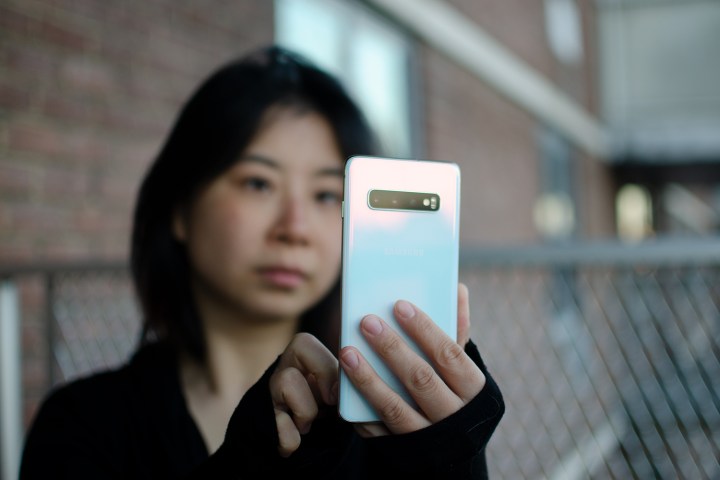
There are, of course, folks who have prepaid and paid-in-full devices. Unlocking these is, for the most part, relatively straightforward. While there was already a generalized unlocking policy, the Cellular Telephone Industries Association (CTIA) put forth a set of standardized unlocking policies for cell phones and tablets. The terms require carriers to unlock a phone paid in full, or a prepaid phone in service for a year, if a subscriber requests it. Cellular providers also have to alert subscribers when their handsets are eligible for an unlock. Finally, carriers must unlock phones for U.S. military personnel upon request.
Metro by T-Mobile, U.S. Cellular, and
Verizon
have all complied, and
AT&T’s
policies were already in line with the terms. Unlocking your phone doesn’t mean you can just take it to any other provider. While some modern phones are built for that kind of compatibility, others are still only designed for the network capabilities and features of a particular carrier. Most carriers offer an online Bring Your Own Phone tool to see if your unlocked device will work well on their network. You’ll just need to enter your device’s IMEI number to get an instant check.
Don’t forget about third-party lock breakers
These are less needed now all U.S. networks offer unlocking, but if you encounter problems with an official carrier unlock, you can still opt for an IMEI unlock, which works identically to the official carrier unlock. There are plenty of IMEI unlock companies, but it’s best to go with trusted vendors. Check review sites like Trustpilot before making a final decision or paying up. The price to unlock an iPhone varies based on your carrier. Lock breaker services support models from the newest iPhone series all the way back to the iPhone 4.
Most third-party unlocking services operate the same way. From their website, you pay varying amounts, usually under $100, for an email-based unlock code. Most require an upfront payment. Reputable unlocking services have customer support lines and deliver codes quickly.
No luck? Buy an unlocked phone
When all is said and done, the best option for most people is usually purchasing an unlocked phone rather than figuring out how to unlock one. First of all, it saves you the hassle of getting it unlocked. Secondly, you can choose whichever cell phone service you’d like, whether it’s prepaid, postpaid, or something in between. It’s a significant investment and may hurt a little if you already have a phone, but the freedom to switch carriers at any time is worth it.
Retailers like Amazon and Walmart sell unlocked phones, but often with high upfront costs. However, there are bargains out there if you know where to look. Every iPhone you buy from Apple — either online or from an Apple Store — is unlocked, except for specific carrier financing options. An unlocked iPhone lets you choose any carrier you want. To get started with a new carrier, do the following.
- Switch off your iPhone.
- Remove the current SIM card from your old carrier.
- Insert the new SIM card for your new carrier.
- Restart your phone.
- Upon restart, follow the on-screen instructions to set up your phone.
You can also buy a SIM-free iPhone, which means your iPhone does not come with a carrier SIM card, which frees you to use a SIM card from any compatible carrier. Since many retailers also offer payment plans now, you don’t even need to pay entirely upfront anymore.
Editors’ Recommendations

